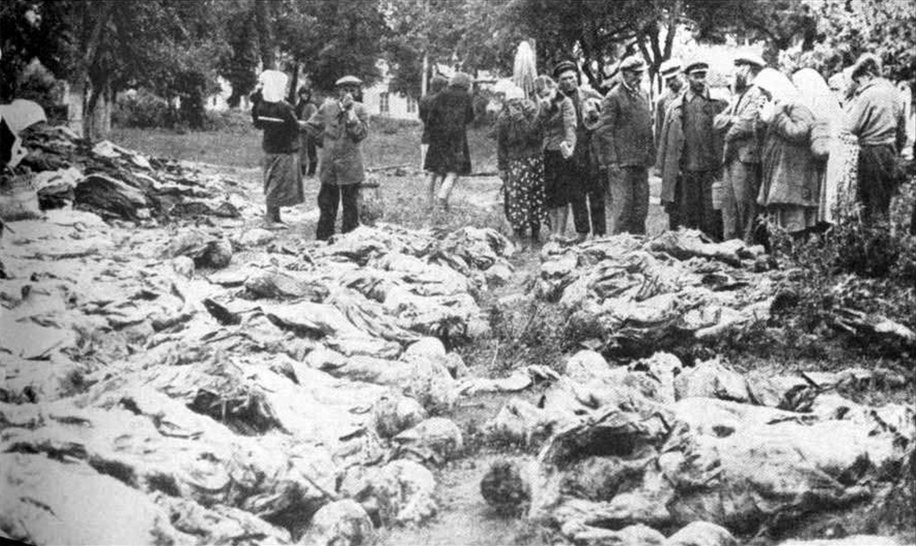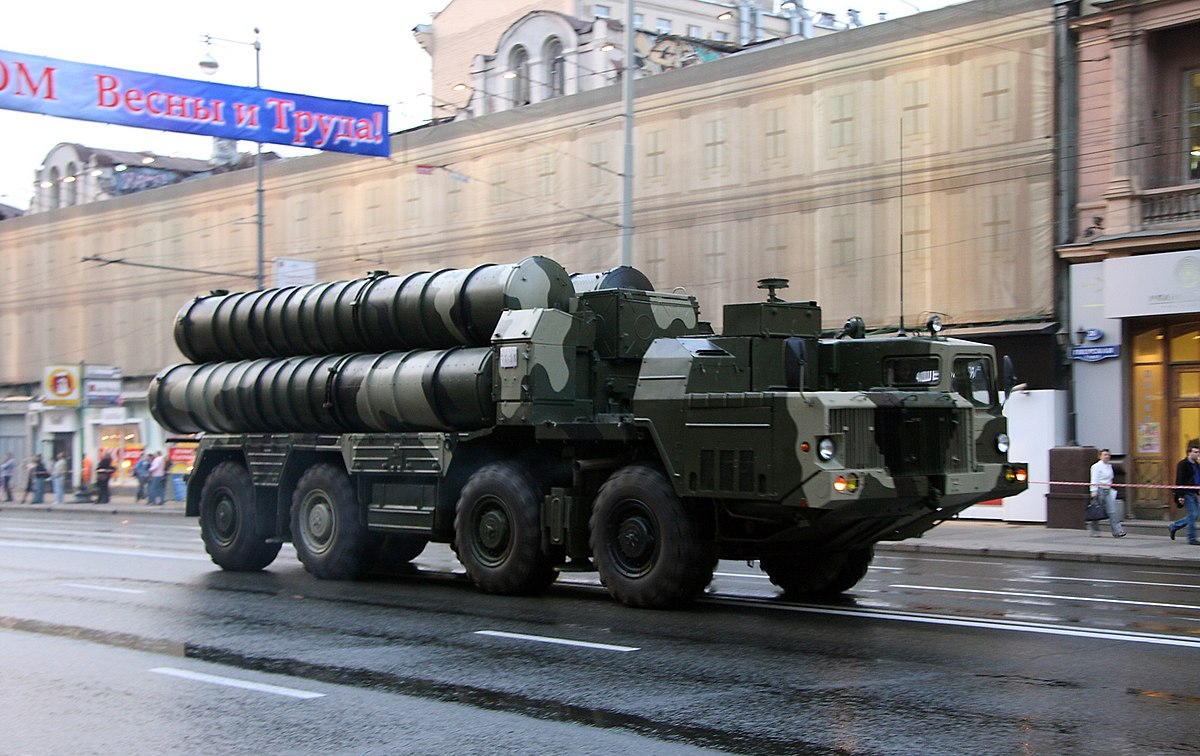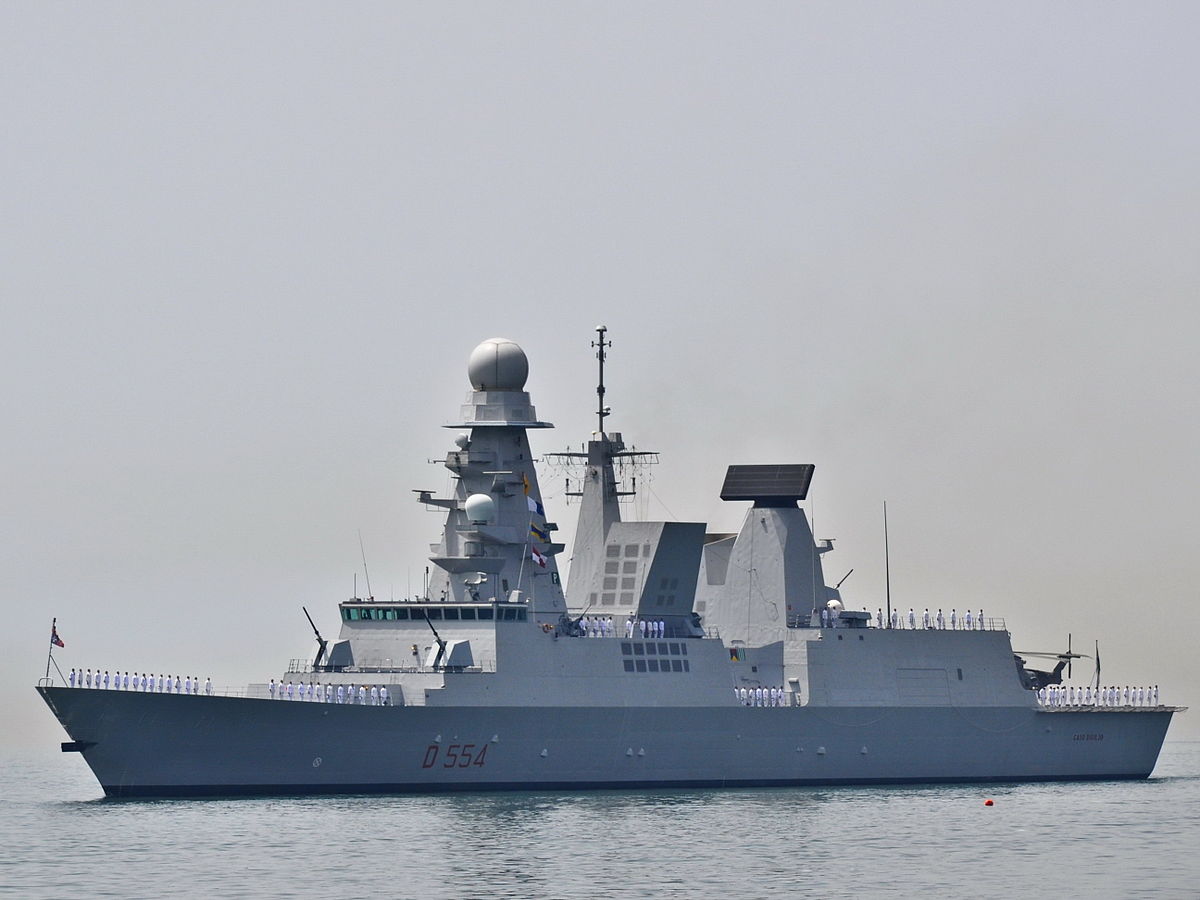SwedishAdvocate
Active Member
A couple of articles my partner found by someone who grew up in Russia and now lives in Kyiv about Russian culture and how Ukrainian culture differs. She said she had to log into Quora to see it, but the articles open for me with no log in.
Is Putin a product of the Russian mentality and culture?
How Ukrainian mindset differs from the Russian one?
For the second one I can't find the original on Quora.
Essentially for Russia Putin is not a bug, he's a feature.
Or is is this "core Russian" mentality instead the result of going from Feudalism directly into one of the most repressive Military Dictatorships in history (the Soviet Union)... And then into the Dictatorship that we have now with Putin... And all of this combined with the very worst parts of Nationalism...
The revolution in 1917 ended up in a truly, truly horrible place. But that does not mean that is wasn't based on a lot of genuinely good intentions. And by now I'm guessing that we all know who crushed the seeds of democracy after 1989 – the old remnants of the Soviet KGB/GRU and the like. And yes I know – there has never been a truly free and democratic election in Russia ever...
There are estimates that some 20 million people were killed during Stalin's rule alone. And of top of that you have someone like Lavrentiy Beria in the Soviet Politburo who allegedly raped hundreds of girls and women with impunity until he was executed at age 54. He also allegedly murdered countless of girls and women. I wonder what amount of generational trauma all of Russia's/Soviet Union's combined crimes against Humanity results in...
And regarding the events in 1917... How many in this thread/on this forum have read A People's History of the United States by Howard Zinn? The United States wasn't exactly a rose sprinkled Fairy Land in 1917 either... Nor has the United states always been a true force of good on this planet. And if that was the US in 1917... then imagine what Russia must have been like before the revolution...
When Russia has lost in Ukraine it seems that they will have four choices. 1. Go full North Korea style. 2. To align themselves with China. 3. Some combination of 1 and 2. Or: 4. To align themselves with the Democratic west. What is the best alternative here?...
Those Quora-posts were written by a Ukrainian. And considering All of History I of course fully understand where he is coming from. But there are a lot of Russians who don't support the current dictator. Russia agreeing to all of Ukraine's term for negotiations and then implementing a Nordic Model type of Democracy would be the best outcome here. Maybe the current German form of Democracy is even better but I don't know enough about German Democracy to really say. But regardless – considering what Russia has done under Putin – any kind of future Russian departure from an Absolute Democracy must be met with Massive sanctions until all transgressions against a future Russian Absolute Democracy has been vigorously corrected.











